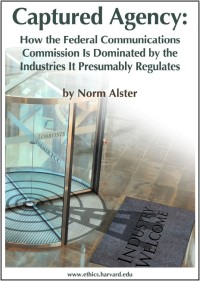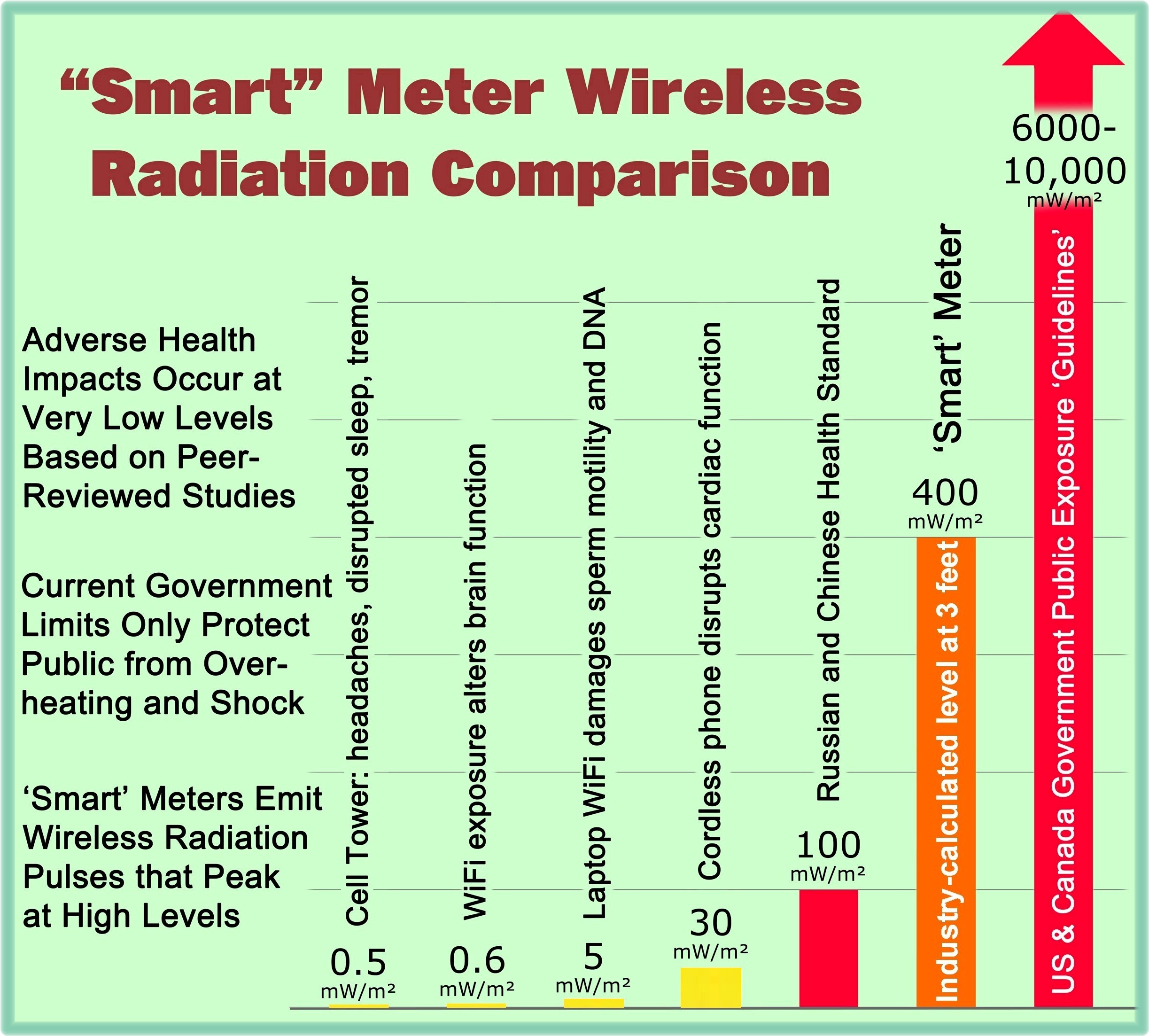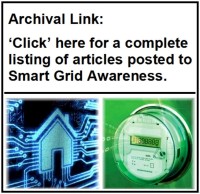by K.T. Weaver, SkyVision Solutions
 “Cybersecurity. Critical, critical issue. Totally unfunded. Totally vulnerable grid infrastructure. Somebody’s going to bring it down. And then it will get funded.”
“Cybersecurity. Critical, critical issue. Totally unfunded. Totally vulnerable grid infrastructure. Somebody’s going to bring it down. And then it will get funded.”
Those were the words yesterday of Thomas Siebel at the Energy Thought Summit (ETS) held in Austin, Texas. Mr. Siebel is the CEO for C3 Energy, a smart grid analytics software company and the founder of Siebel Systems, which was acquired by Oracle in January 2006.
[The above video contains material used pursuant to the Fair Use Doctrine under 17 U.S.C. 107 and is presented in the public’s interest for non-commercial purposes.]
Here at SkyVision Solutions we have been writing articles on the cyber threats posed by smart meters and the smart grid for the past two years, including:
- Smart Grid Cyber Security in a State of Chaos and Deteriorating
- New Report – Smart Grid More Vulnerable to Remote Cyber Attacks
- Cyber Hackers Can Now “Harm Human Life” Through Smart Meters
- Smart Meters Are Not Secured
- Smart Meters Can Be Hacked to Order a Power Blackout
- Smart Meters Spiral Out of Control and “Livin’ on a Prayer”
In the last article listed above, I wrote:
“The distressing part of this whole situation is how valuable resources are being diverted and wasted on smart meters when the money could so easily be spent on infrastructure upgrades that would actually improve the grid and harden it against physical and cyber attacks as well as from the effects of solar storms, etc. Instead, we are making the grid more vulnerable to catastrophic events by not spending the money where it needs to be spent and wasting it on smart meters. It is truly an unbelievable pathway that we find ourselves.”
So with confirmation from industry insider Thomas Siebel that our grid infrastructure is “totally vulnerable” to cyber attacks, I reiterate and ask:
Why would we continue to fund smart meters which make the electric grid more vulnerable to being “brought down”?
The smart grid industry effectively suppresses information related to electric grid cyber threat vulnerability [1] and even dismisses the issue as a “myth.” To get a better understanding of smart grid propaganda versus reality, watch the following video.
Who do you believe?
[The above video contains material used pursuant to the Fair Use Doctrine under 17 U.S.C. 107 and is presented in the public’s interest for non-commercial purposes.]
[1] Are you aware of any smart grid industry-related organization or electric utility that has addressed the following finding from a U.S. Government Accountability Office report in 2011? From GAO Report #GAO-11-117, “Electricity Grid Modernization”:
“Consumers are not adequately informed about the benefits, costs, and risks associated with smart grid systems. … This lack of awareness may limit the extent to which consumers are willing to pay for secure and reliable systems, which may cause regulators to be reluctant to approve rate increases associated with cybersecurity. As a result, until consumers are more informed about the benefits, costs, and risks of smart grid systems, utilities may not invest in, or get approval for, comprehensive security for smart grid systems, which may increase the risk of attacks succeeding.”




